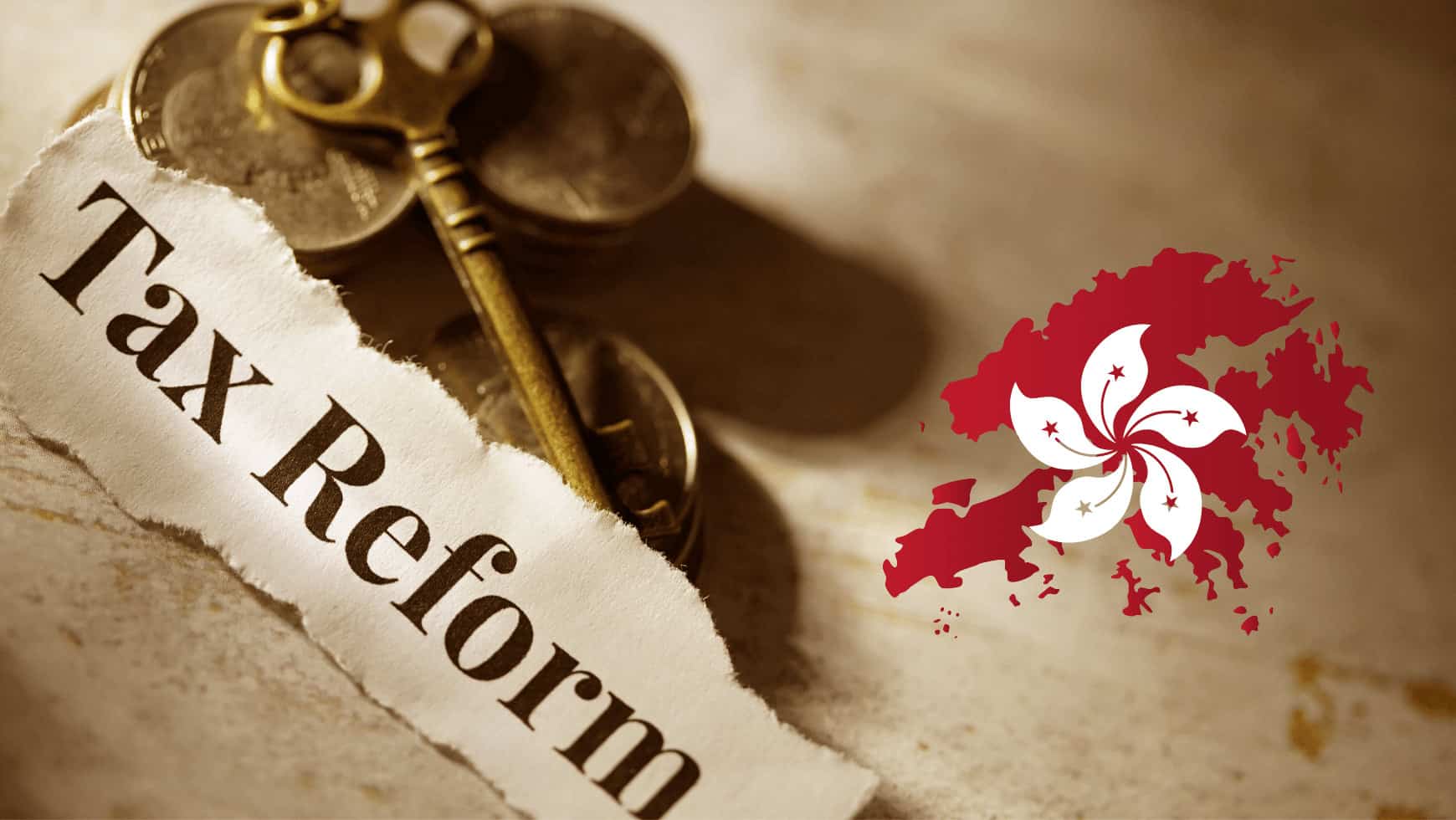Newly Proposed Foreign Sourced Passive Income Tax Exemption in Hong Kong
Hong Kong government has recently proposed a new regime in respect of foreign sourced passive income exemption (“FSIE”) under Hong Kong profits tax.
This proposal is made in response to Hong Kong being placed by the European Union on the Grey List of Non-Cooperative Tax Jurisdictions in October 2021, which is due to the concerns of double non-taxation of foreign-sourced passive income under the Hong Kong territorial source system.
The Government has committed to refine the FSIE regime by the end of 2022 and have the refined regime to be in force as from 1 January 2023.
The Territorial Source Regime & the Foreign Sourced Passive Income Tax Exemption
According to the government’s Inland Revenue Department proposal, the existing territorial source regime will continue to be applied in Hong Kong. Nevertheless, the following foreign sourced passive income received in Hong Kong by a constituent entity of a multi-national group (“covered taxpayer”) could be excluded from Hong Kong profits tax only if certain additional conditions are met:
- Dividends, interests, disposal gains in relation to shares (“share disposal gains”).
- Income from intellectual property (“IPs”).
It is important to note that under this proposal the amounts of the income earned and assets involved are irrelevant to the eligibility for exemption.
Foreign sourced dividends, interests and share disposal gains
The captioned foreign sourced income or gains will be subject to Hong Kong profits tax if the economic substance requirements (applied to dividends, interests and share disposal gains) cannot be met unless in such situation a participation exemption (applied to dividends and share disposal gain) still can be applied.
Pursuant to the economic substance requirements, it is required for the covered taxpayer to have adequate number of qualified employees and incur adequate amount of operating expenditures.
As regards to the participation exemption, it is required to satisfy certain criteria, such as:
- The covered taxpayer being a Hong Kong resident or a non-Hong Kong resident having a permanent establishment in Hong Kong;
- The covered taxpayer holding at least 5% of the shares/equity interests in the investee company; and;
- No more than 50% of the income earned by the covered taxpayer is passive income.
Foreign sourced income from IPs
The nexus approach shall be applied to determine the eligibility of tax exemption of foreign sourced income from IPs. Under this approach, the income shall potentially be entitled to FSIE if the following conditions can be met:
- The IPs concerned are qualifying IP assets, which are patents or IP assets that are functionally equivalent to patents (in other words, income earned from marketing-related IP assets, e.g. trademarks and copyrights, are excluded from FSIE);
- The covered taxpayer incurs qualifying R&D expenditures which are directly connected to the qualifying IP assets, and the relevant R&D activities have been (a) undertaken by the covered taxpayer itself or resident outsourced related party in Hong Kong; or (b) undertaken by outsourced unrelated party in or outside of Hong Kong.
Having said the above, please note the following:
- The above FSIE shall be subject to the specific anti-abuse provisions.
- The covered taxpayer, who has paid tax on the passive income concerned in the source jurisdiction, may be entitled to the unilateral tax credit if certain conditions can be satisfied.
- The proposed FSIE regime shall not apply to:
- Active income
- Standalone local enterprises without offshore operation
- Companies belonging to purely local groups
- Individual taxpayers.
Foreign Sourced Passive Income Tax Exemption Takeaways
Entities in particular those having foreign sourced passive income earned have to be well aware of the development of the FSIE regime, which is expected to become effective as from 1 January 2023 (i.e. less than six months from now).
Specifically, the entities should review whether and how the FSIE regime will impact the taxability of their passive income and whether any actions should be taken, such as strengthening the economic substance in Hong Kong, modifying the current business and investment structure in order to maintain the tax efficiency and the like.
The international and Hong Kong tax lawyers and consultants at HKWJ Tax Law & Partners can provide you with the relevant tailor-made tax advice and assistance in order to mitigate the impact of the upcoming taxation reform.
Read here for more details on the foreign sourced income exemption regime in Hong Kong.






